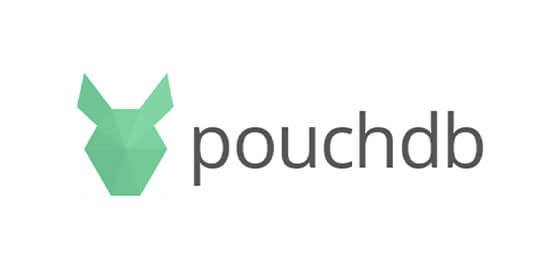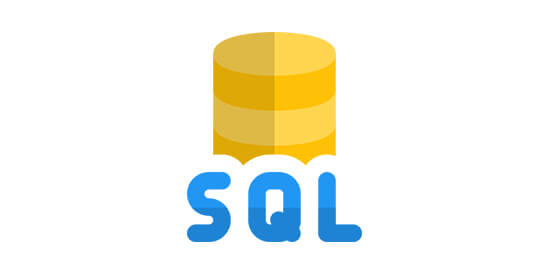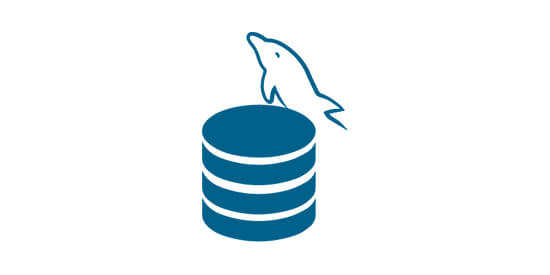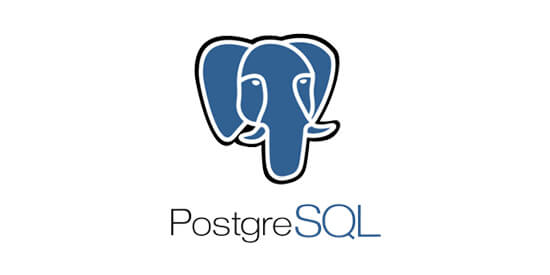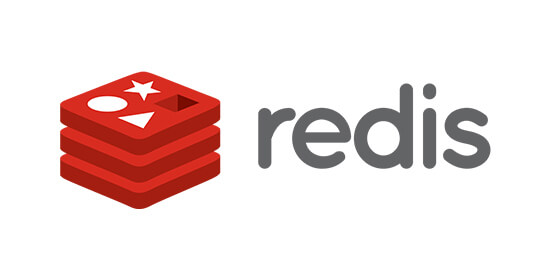Oracle PL SQL Training
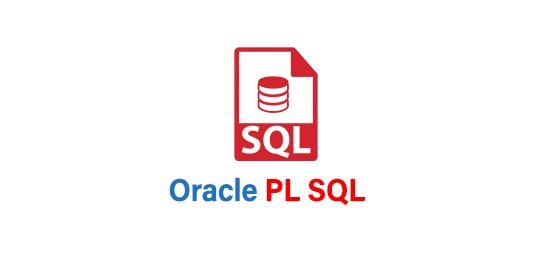
Oracle PL SQL Online Training Introduction
The Oracle PL SQL training has been designed per best industry practices and standards by our leading industry-certified exams. Oracle PL/SQL is the extension of the SQL language. It is the procedural and database development language of Oracle. It processes the SQL statements enhancing the portability, security, and robustness of the database. This Oracle PL/SQL online training will help you master all the concepts of creating PL/SQL blocks of application code. This comprehensive training program will level up your Oracle skills and make you efficient in handling all the real-time issues that occur in your or organization. This training program will help you take and clear Oracle PL SQL certifications and help you land high-paying PL/SQL developer jobs.
Course Overview
Oracle PL/SQL is one of the most popular database query languages. PL/SQL means instructing the compiler “what to do” through SQL and “How to do” in a procedural way. QTSInfo offers live instructor-led online classes by real-time industry professionals. Those designed to give the best learning environment with comfortable timings and classes being more interactive, and engaging.
You will learn PL/SQL key concepts like multiple forms, reports, and data management applications. Our Oracle PL/SQL tutorial covers all the aspects from beginners to experienced level. By the end of this course, you will become a pro-PL/SQL developer.
Oracle PL SQL Certifications Key Features
- Learn from basics, what is pl/SQL, architecture, etc.,
- Installation and Configuration of Oracle PL/SQL
- Core concepts of PL/SQL blocks, stored procedures, and functions
- Provide you with important Oracle PL/SQL interview questions
- Real-Time base scenario projects for practice
- Guidance in building Oracle PL/SQL resume
- Get Oracle PL SQL certification
- One to One sessions
Who should learn PL SQL Online?
This PL/SQL course primarily benefits application designers, database administrators, software developers, and IT professionals would like to move to PL/SQL domain. Fresher’s who want to pursue a career in PL/SQL domain. Professionals who want certification to advance their career.
Top Hiring Company

Industry Trends

Course curriculum / Syllabus
- Approach to Data Management
- Introduction to prerequisites
- File and File system
- Disadvantages of file
- Review of Database Management Terminology
- Database Models
- Hierarchal Model
- Network Model
- Relational Model
- Feature of RDBMS
- Advantages of RDBMS over FMS ad DBMS
- The 12 rules (E.F Codd’s Rules –RDBMS)
- Need for Database Design
- Support of Normalization Process for Data Management
- Client server Technology
- Oracle Corporation Products
- Oracle Versions
- About SQL&SQL*PLUS
- Data Definition Language (DDL)
- Data Retrieval Language (DRL)
- Data Manipulation Language (DML)
- Transaction Control Language (TCL)
- Database Security and Privileges (DCL)
- Oracle Pre Defined Data types
- DDL Commands
- Create, Alter (add, modify, rename, drop)Columns, Rename, truncate, drop
- DML-Insert, update, delete
- DQL-SELECT Statements using WHEREclause
- Comparison and Conditional Operators
- Arithmetic and Logical Operators
- Set Operators (UNION, UNION ALL, INTERSECT, MINUS)
- Special Operators – IN (NOT IN), BETWEEN (NOT BETWEEN), LIKE (NOTLIKE), IS NULL (IS NOT NULL)
- Working with DML, DRL Commands
- Operators Support
- Arithmetic Functions, Character Functions, Date Functions, Conversion Functions
- Aggregate Functions, OLAP Functions & General Functions
- Using Group by and Having Clause of DRL Statement
- Using Order by clause
- Importance of Data Integrity
- Support of Integrity Constraints for Relating Table in RDBMS
- NOT NULL constraint
- UNIQUE constraint
- PRIMARY KEY constraint
- FOREIGN KEY constraint
- CHECK constraint
- Working with different types of integrity Constraints
- Understanding ON DELETE clause in referential integrity constraint
- Working with composite constraint
- Applying DEFAULT option to columns
- Working with multiple constraints upon a column
- Adding constraints to a table
- Dropping of constraints
- Enabling / Disable constraints
- Querying for constraints information
- Equi Join/Inner Join/Simple Join
- Cartesian Join
- Non-Equi Join
- Outer Joins
- Self Join
- Understanding the practical approach to Sub Queries/Nested Select/Sub Select/Inner Select/Outer Select
- What is the purpose of a Sub Query?
- Sub Query Principle and Usage
- Type of Sub Queries
- Single Row
- Multiple Row
- Multiple Column
- Applying Group Functions in Sub Queries
- The impact of Having Clause in Sub Queries
- IN, ANY/SOME, ALL Operators in Sub Queries
- PAIR WISE and NON PAIR WISE Comparison in Sub Queries
- Be … Aware of NULL’s
- Correlated Sub Queries
- Handling Data Retrieval with EXISTS and NOT EXISTS Operators
- Grant, Revoke
- Commit, Rollback, Savepoint
- SQL Editor Commands
- SQL Environment settings
- Understanding the Standards of VIEWS in Oracle
- Types of VIEWS
- Relational Views
- Object Views
- Prerequisites to work with views
- Practical approach of SIMPLE VIEWS and COMPLEX VIEWS
- Column definitions in VIEWS
- Using VIEWS for DML Operations
- In-Line View
- Forced Views
- Putting CHECK Constraint upon VIEWS
- Creation of READ ONLY VIEWS
- Understanding the IN LINE VIEWS
- About Materialized Views
- View Triggers
- Understanding Pseudo Columns in Oracle
- Types of Pseudo Columns in Oracle
- CURRVAL and NEXTVAL
- LEVEL
- ROWID
- ROWNUM
- Types of Partitions
- Range Partitions
- Hash Partitions
- List Partition
- Composite Partition
- Parallel Query Process
- Row level Locks
- Table Level Locks
- Shared Lock
- Exclusive Lock
- Dead Lock
- SQL * Loader Architecture
- Data file (Input Datafiles)
- Control file
- Bad file
- Discard file
- Log file
- .txt to base table
- .csv to base table
- From more than one file to single table
- Introduction to Programming Languages
- Introduction to PL/SQL
- The Advantages of PL/SQL
- PL/SQL Architecture
- PL/SQL Data types
- Variable and Constants
- Using Built_in Functions
- Conditional and Unconditional Statements
- Simple if, if… else, nested if..else, if..else Ladder
- Selection Case, Simple Case, GOTO Label and EXIT
- Iterations in PL/SQL
- Simple LOOP,WHILE, LOOP, FOR LOOP and NESTED LOOPS
- SQL within PL/SQL
- Composite Data types (Complete)
- Cursor Management in PL/SQL
- Implicit Cursors
- Explicit Cursors
- Cursor Attributes
- Cursor with Parameters
- Cursors with LOOPs Nested Cursors
- Cursors with Sub Queries
- Ref. Cursors
- Record and PL/SQL Table Types
- Advanced PL/SQL
- STORED PROCEDURES
- PROCEDURE with Parameters (IN,OUT and IN OUT)
- POSITIONAL Notation and NAMED Notation
- Procedure with Cursors
- Dropping a Procedure
- Difference between Procedures and Functions
- User Defined Functions
- Nested Functions
- Using stored function in SQL statements
- Creating PACKAGE Specification and PACKAGE Body
- Private and Public Objects in PACKAGE
- Types of exceptions
- User Defined Exceptions
- Pre Defined Exceptions
- RAISE_APPLICATION_ERROR
- PRAGMA_AUTONOMOUS_TRANSACTION
- SQL Error Code Values
- Types of Triggers
- Row Level Triggers
- Statement Level Triggers
- DDL Triggers
- Trigger Auditing
- Types of Triggers
- Row Level Triggers
- Statement Level Triggers
- DDL Triggers
- Trigger Auditing
- PL/SQL file I/O (Input/Output)
- Using UTL_FILE Package
- What is Object Technology ?
- OOPS-Object Instances
- Creation of objects
- Creating User Defined Data Types
- Creating Object Tables
- Inserting rows in a table using Objects
- Retrieving data from Object based Tables
- Calling a Method
- Indexing Abstract Data type Attributes
- Large Objects (LOBS)
- Creating Tables-LOB
- Working with LOB values
- Inserting, Updating & Deleting Values in LOBs
- Populating Lobis DBMS_LOB Routines
- Using B-FILE
- Advantages of collection
- Ref cursor (Dynamic Cursor)
- Weak ref cursor
- Strong ref cursor
- Nested Tables VARRAYS or VARYING arrays
- Creating tables using nested tables
- Inserting, updating & deleting Nested
- Table records
- Nested table in PL/SQL
- Introduction to Oracle Database Architecture
- Physical structures Logical structures
- DB Memory Structures Background Process
- 2 Tire, 3 Tire, N-Tier Architecture
- 9i Joines
- New Date function
- Rename column
- Inner Join/Natural Join
- Left Outer Join/Right Outer Join
- Full Outer Join
- Multiple Inserts
- Insert All Command
- Merge statement
- NVL2(), NULLIF(), COALESCE()
- CASE expression of Select Command
- Temporary Tables/Global Tables
- New Function EXTRACT()
- Autonomous Traction
- Pragma _ Autonomous_ Transaction()
- Bulk Collect
- About Flash Back Queries
- Dynamic SQL
- New data types, Flash back Command
- Purge Command, Recycle bin
- Regular expressions, DML Error Logging
- Data Pump, Virtual Columns
- Read only tables, Cross tab Views using
- Pivot/Unpivot operators, Follows Clause
- Compound triggers, New data types
Oracle PL SQL Training FAQ’s:
PL/SQL is an extension of the SQL language. It is a procedural language designed specifically to embrace SQL statements within its syntax.
Yes, we assist once you decide on the type of certification. This is a proctored exam and is conducted in Prometric centers.
The certification of fees for Oracle PL/SQL is $245.
Yes, we provide you with certification upon completion of the course successfully. Our certificate is accredited by many organizations. It will add weightage to your resume.
In such situations, we provide oracle PL/SQL online training videos with tutorial videos.
Yes, we do provide you with job assistance and help you prepare for the interview. Our course is job-oriented.
Enquire Now
Related Courses
Why QTS INFO
Best Virtual training classrooms for IT aspirants
Real time curriculum with job oriented training.
Around the clock assistance
We are eager to solve your queries 24*7 with help of our expert faculty.
Flexible Timings
Choose your schedule as per your convenience. No need to delay your work
Mock projects
Real world project samples for practical sessions

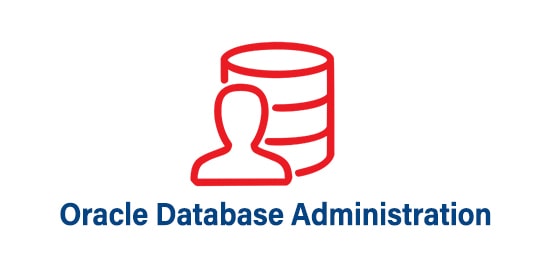


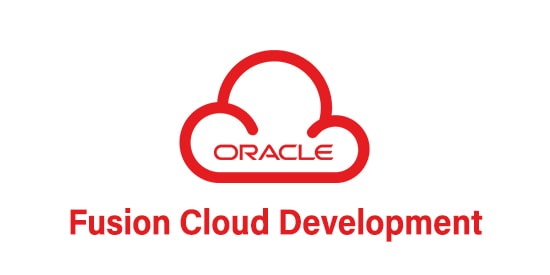
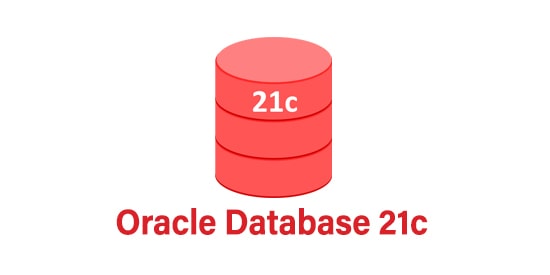
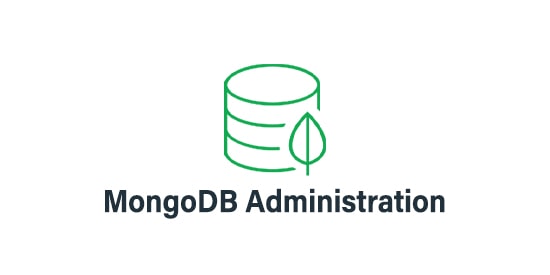
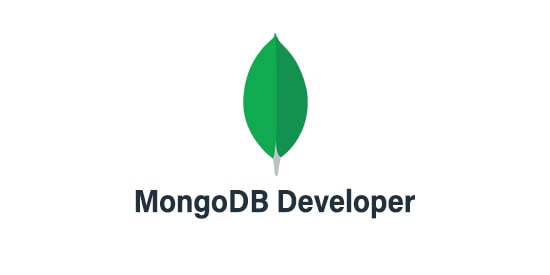
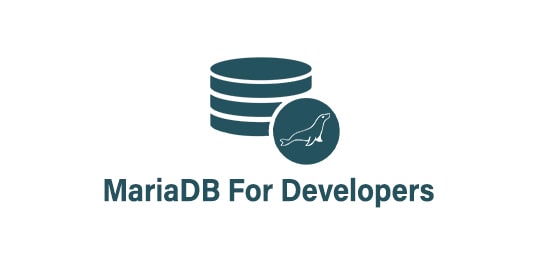


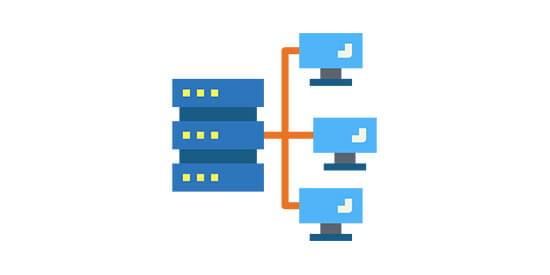
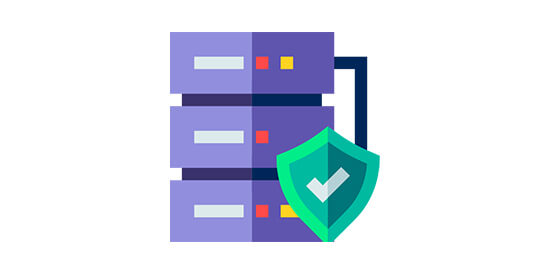
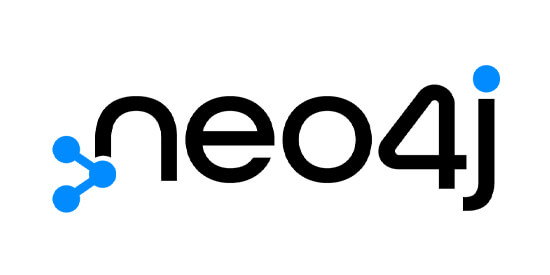
.jpg)
